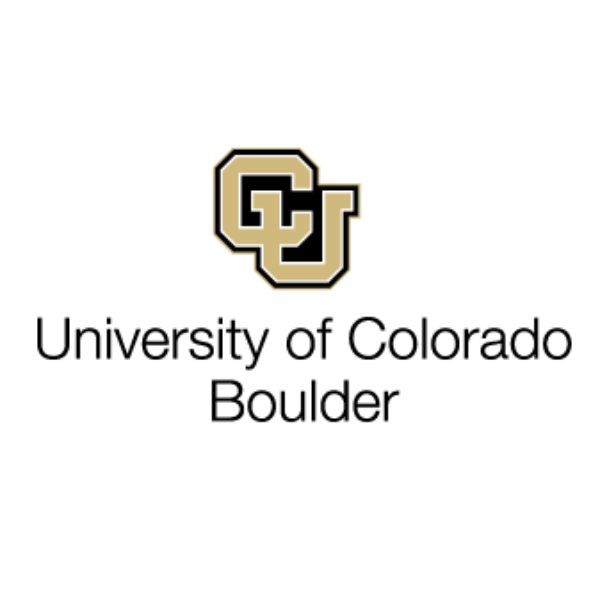University of Colorado Boulder hosts U.S. Department of Defense under secretary
Heidi Shyu, under secretary of defense for research and engineering at the U.S. Department of Defense, visited the University of Colorado Boulder on Monday to glimpse the future of cutting-edge research.
From the university’s proximity to national laboratories and quantum-intensive companies to the high volume of pioneering alumni, CU Boulder has long been a leader in the quantum space. This legacy has led to a push in innovation and technology, including as it pertains to national security—a goal also shared by Shyu and the Department of Defense.
During this visit, Shyu toured labs, listened to short lectures by CU Boulder researchers, and participated in a spirited roundtable discussion with CU President Todd Saliman, CU Boulder Provost Russ Moore, CU Boulder Vice Chancellor for Research and Innovation and Dean of the Institutes Massimo Ruzzene, Physicist Jun Ye and other experts.
“All of the excellent research that we saw, seeing everything that’s being done here … It’s really impressive,” said Shyu at the end of the day. “It’s been a fantastic visit.”
Shyu began at the Smead Aerospace Engineering Sciences building to get an overview of one of CU Boulder’s traditional strengths: aerospace. She took a walking tour of labs, listened to research briefs, and was introduced to the many collaborations CU Boulder has with national laboratories, including the National Institute of Standards and Technology (NIST) and JILA, a joint institute of CU Boulder and NIST.
From there she traveled to the top of the JILA tower where, with a backdrop of the Flatirons and campus below, the topic of conversation switched to another of CU Boulder’s strengths: quantum.
“The work that happens here (in this field) is as incredible as the view,” said Saliman to begin the roundtable discussion. “We are committed to what happens here and our partnerships that make it possible.”
The United States has placed quantum information science and technology at the top of its science and technology agenda for its potential economic impact and importance to national security.
Shyu reiterated that fact during the day’s conversations, specifying that the Department of Defense is “very interested in quantum sensing.”
“You’re in the best place for that,” responded Ye, an adjoint professor at CU Boulder and a fellow for JILA and NIST, adding: “It’s incredible to think about the science that’s happening in the labs at CU Boulder.”
Through the course of the conversation, the group spoke about translating quantum research so that it has applications outside of the lab, quantum sensing in space, building a national quantum infrastructure, nanomechanics and transduction, quantum engineering for clocks and sensors, the new Quantum Engineering Initiative, and other innovative quantum advances happening on campus.
“We’re scratching the surface in terms of quantum, but we’d like to do more,” said Ruzzene during the visit.
Presentations, which also included robotics and radio-frequency engineering, were given throughout the day by researchers and staff including Dana Anderson, Penny Axelrad, Iain Boyd, Shideh Dashti, Scott Diddams, Bill Doe, Dejan Filipovic, Murray Holland, Marcus Holzinger, Sean Humbert, Adam Kaufman, Konrad Lehnert, Medford Moorer, Chris Muldrow, Marco M. Nicotra, Scott Palo, Scott Papp, Cindy Regal, Hanspeter Schaub and Mark Sirangelo.
“The discussion with Under Secretary Shyu was a great exploration of how our research strengths position CU Boulder well as a research partner with the federal government in quantum and a variety of other areas important to our economy and national security,” said Moore afterwards. “I thank Under Secretary Shyu and I look forward to continuing these important conversations.”
Professor Dana Anderson (Physics) presents to DOD undersecretary Heidi Shyu and campus leadership
Professor Dana Anderson (Physics, JILA, Engineering) presents to DOD undersecretary

